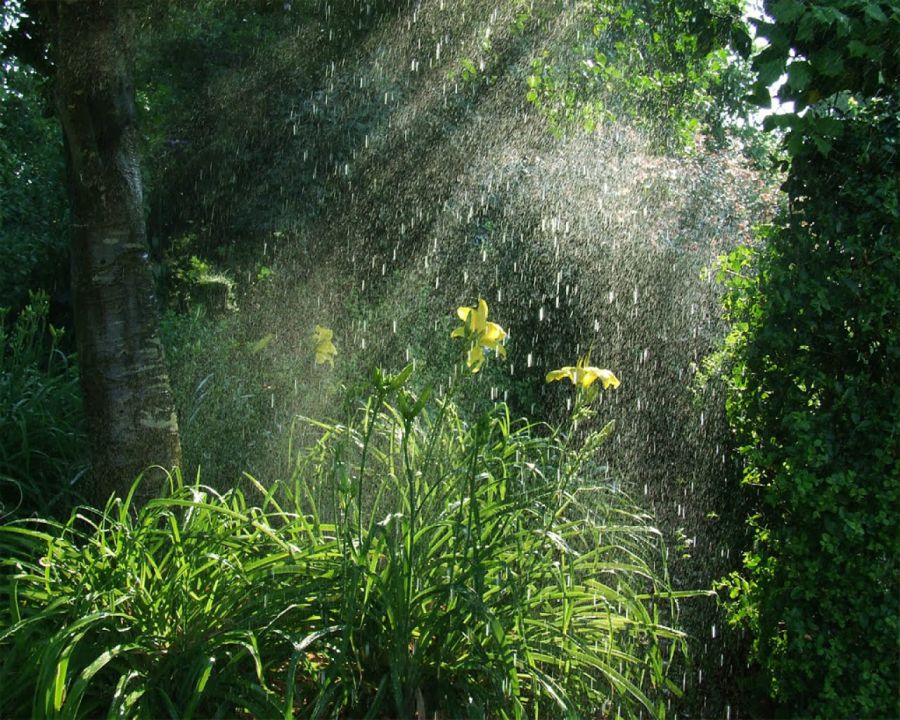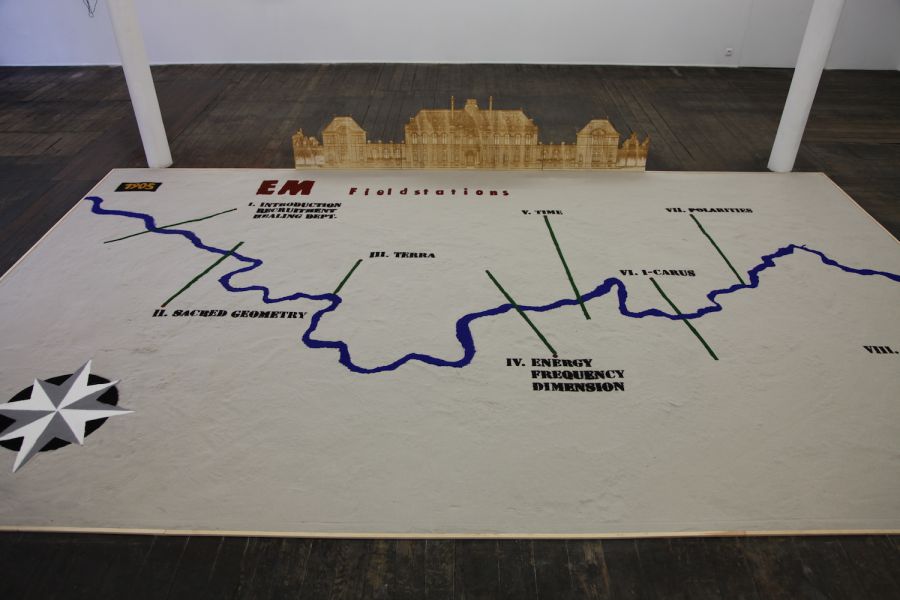École Mondiale
-
Location:Parc Duden
-
Participants:Filip Van Dingenen Ive Van Bostraeten
In 1905, King Leopold II placed a cornerstone at Tervuren to mark his project to build Ecole Mondiale, a school whose eight departments would train businessmen, adventurers and explorers for a colonial career. The classic eight departments included: Agronomy, Ethnography, History, Languages, Law, Mathematics, Medicine, and Natural History. These departments were accompanied by one dedicated to documentation, with the expectation the school’s graduates would build an international knowledge centre. In particular, King Leopold aimed to prepare people to explore new territories. Today, we no longer have to learn how to explore the world, but rather we need to learn how to care for our existing world.
Filip Van Dingenen, Ive Van Bostraeten have been researching and testing the possibility of implementing a similarly ambitious, skills-based training program directed towards everyone's having a better understanding and concern for our actual world. To this end, they propose replacing Leopold's eight departments with nine “field stations”, each with a focus on the possibility – and impossibility – of Resonazverhältnis: I. Historical Introduction - Healing Dept. – Recruitment, II. Sacred Geometry, III. Terra, IV. Energy -Frequency- Dimensions, V. Time, VI. I-Carus, VII. Polarities, and VIII. Cosmology.
To distinguish our Ecole Mondiale from King Leopold’s, the projects initiators refer to it as simply “EM”. The specifically adopted term of “field station” characterises activities that emphasise thinking while doing. To this end, the kinds of site-specific case studies, which are intended to develop around each field station, invite and facilitate participation on heretofore-unprecedented dimensions. And of course, the program draws on the actions of pioneering historical figures – scientists, artist, philosophers, and dreamers – all of whom are considered EM “alumni”.
In 2013, after the “Last Expedition” an interdisciplinary event on the eve of the closure of the Royal Museum of Central Africa at Tervuren, Van Dingenen and Van Bostraeten started to rethink the Ecole Mondiale. Through the design of 10 thematic “field stations” at various locations, the aim is to redefine and investigate the feasibility of the Ecole Mondiale as a pedagogical project. The term “field station” includes a number of didactic elements and will be arranged by subject, each intertwining from different angles. Field stations include presentations in the form of exhibitions, lectures, workshops, study tours, excursions, re-enactements, screenings, roundtables and polyvalent activities.
Each field station will be accompanied by a publication, with the project accompanied by a documentation centre, as per the original plan from 1902,which should become the essence and strength of the project. The particular thematic emphasis of the field stations will be the relation between man-nature-environment, the transition movement, deep ecology, sacred geometry, bioenergetics, cosmology and the study of various contradictions within the framework of the dialectical principle of dynamism and unity. In this way we want to develop a process-based, experimental practice which steams from co-creation and playful, integrated pedagogy in interaction with specialists from different domains.
Each Fieldstation frames a mode of engagement to be explored. Each Fieldstation allows for numerous case studies, which are site-specific applications of a specific mode of engagement to a particular place, group of people and concerns. Rather than consider each case study a discrete event that only has value for its locale, we view the case studies as cumulative, that is what occurs elsewhere has ramifications for here. In this light, each new case study builds on prior ones. Using artistic strategies as viewed through the prisms of Science, Aesthetics and esoteric combinations, we apply numerous didactic elements. Each Fieldstation encourages active participation, because EM considers thinking while doing central to determining future modes of living/being.
Program
-
Botanical drawing with Filip van Dingenen
-
Time:
-
Location:Parc Duden
-
Category:Workshop
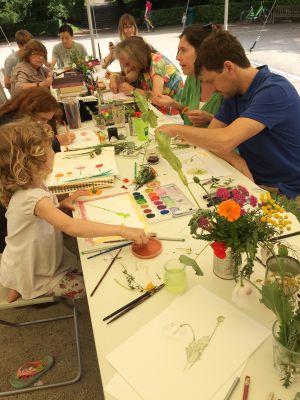
-
-
Drawing plants with Filip Van Dingenen
-
Time:
-
Location:Parc Duden
-
Category:Workshop
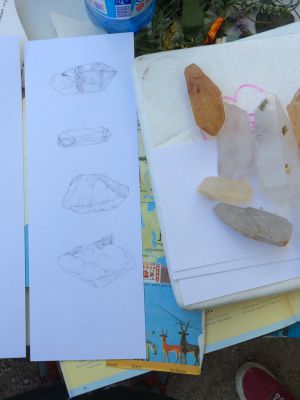
-
-
École Mondiale
-
Time:
-
Location:Parc Duden
-
Category:Workshop
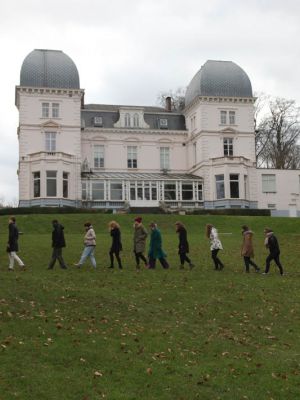
-

